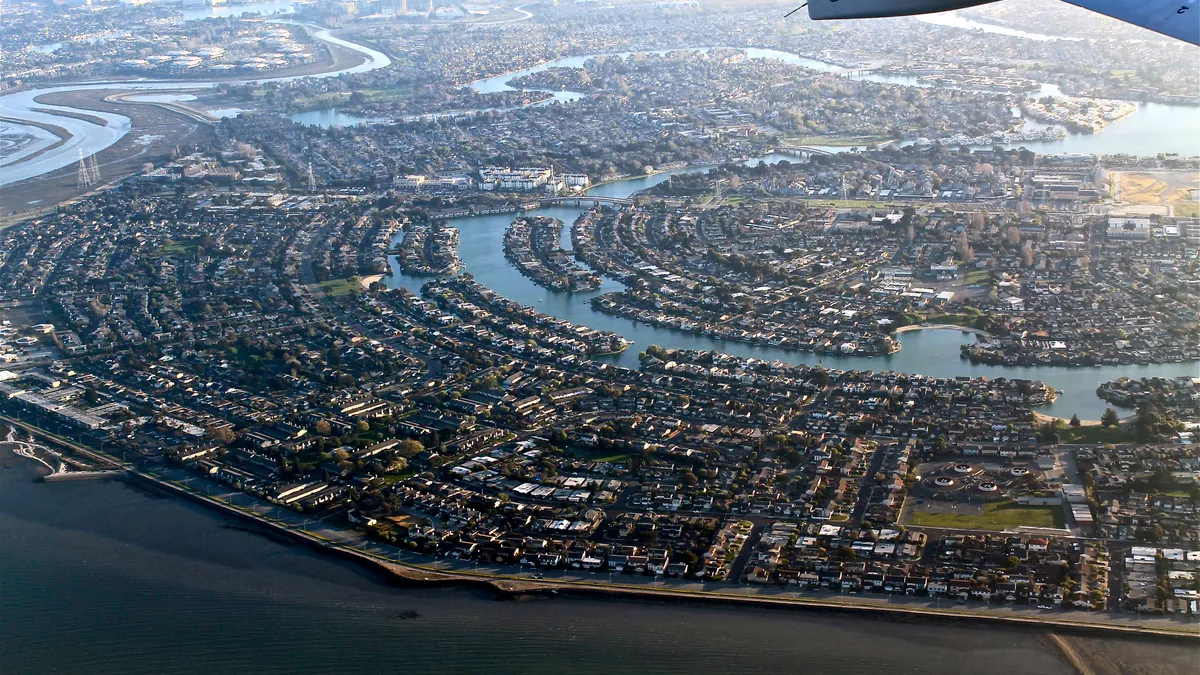Dive Brief:
- Silicon Valley and New York City are the world’s two best regions for startups, according to a new ranking from accelerator and research group Startup Genome. The 2019 Global Startup Ecosystem Report (GSER) also identified London, Beijing and Boston as the remaining top five startup regions.
- The rankings are based on a survey of more than 10,000 global startup executives, as well as data from more than a million companies and 150 cities and regions.
- Between 2016 and 2018, 46 "ecosystems" created more than $4 billion in value worldwide thanks to startups, up from 29 between 2014 and 2016.
Dive Insight:
The top of the rankings come as no surprise, since Silicon Valley, New York and Boston have been the nation’s startup hubs for years. In his introduction to the report, Startup Genome president Jonathan Ortmans said the accelerator has tried to fight "Silicon Silliness," or the strategy of cities simply replicating what California is doing. The latest report, he said, shows that "technology has made it possible for regions to specialize in different startup sub-sectors, such as agri-tech, AI or cleantech."
Instead of one city eventually becoming "the next" Silicon Valley, GSER argues that there will be hubs around individual industries. San Diego and Washington, DC, for example, have become hubs for life sciences startups, propelling them in the overall rankings. A forward-looking list of the "next 30" ecosystems showed geographic diversity as global cities found their own specialties. "This new generation of advanced ecosystems outside the United States is showing what can be done when you focus on being a magnet," Ortmans wrote.
The report also includes Startup Genome’s first-ever public policy audit, and found that improving access to capital was the policy best associated with startup growth. Australia, for example, passed an early-stage investment tax credit, while the French state bank made its own startup investments to push the industry. Other successful policies included expanded immigration, access to education and support of Startup Support Organizations and Programs.
The least public policy action, the group found, was being taken on bankruptcy, procurement and diversity & inclusion, although some cities have started intervening on the last issue. More than 50 Austin, TX startups, for example, signed a diversity and inclusion pledge last month; Los Angeles started its own city-led pledge. And although the report did not find direct correlations between specific policies and startup success, it makes clear that city governments can do more to foster startups that could elevate their own tech profile.










